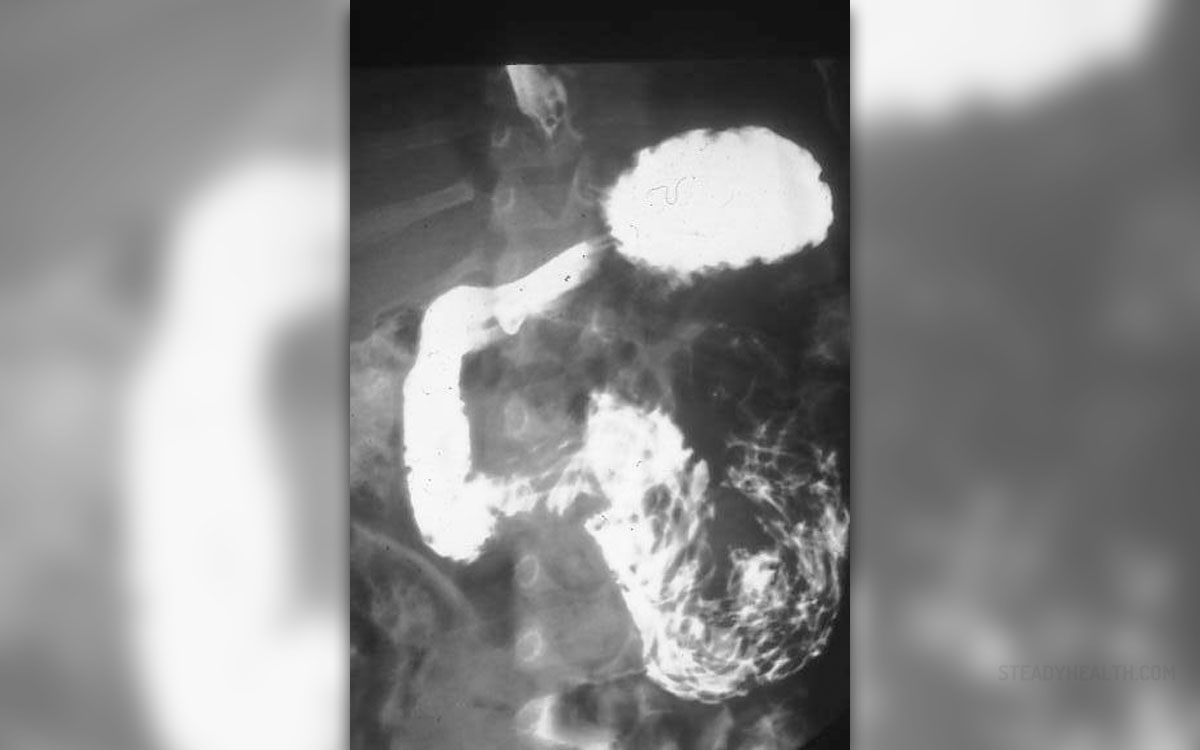
Bowel infections are health conditions caused by various pathogens that invade the patient’s digestive tract. Bowel, also known as the intestine, is a part of human gastro-intestinal tract that consists of two segments: the small and the large intestine. This is the lower part of the human digestive tract that is normally invaded by numerous microorganisms that do not cause infections. Under some conditions, the balance of these bacteria can be significantly disturbed, and their overgrowth can take place.
Causes of chronic bowel infections
Bowel infections usually develop because of poor hygiene. Patient may become infected when the pathogens from food or dirty fingers enter the body and continue to multiply. The second most common cause of bowel infections is food containing shellfish. If not cooked well, the shellfish can pass the pathogens which can easily find their way to people’s stomachs. Some other diseases such as irritable bowel syndrome, ulcerative colitis and diverticulitis usually cause chronic bowel infections.
Irritable bowel syndrome is a disease characterized by the abdominal pain, discomfort, bloating, and frequent need to empty the bowels. Patients suffering from this condition often have problems with chronic diarrhea and constipation. In many cases, this condition starts as a post-infectious disease, as an effect of stressful life, or for some unknown reason.
Ulcerative colitis is another inflammatory bowel disease characterized by formation of open sores in the colon. The symptoms of the disease usually appear in episodes and are characterized by constant diarrhea mixed with blood.
Diverticulitis usually affects the large intestines and manifests in a formation of pouches on the outside of colon. Symptoms most commonly include pain in the lower abdominal quadrant, elevated levels of white blood cells, nausea, diarrhea and constipation.
Treatment of chronic bowel infections
The proper treatment for bowel infections depends on the underlying cause. For acute infections, doctors will usually prescribe antibiotics, a lot of rest and taking liquid food. Chronic bowel infections are usually caused by more complex medical conditions, such as already mentioned. The goal in the treatment of chronic bowel infections is to reduce the inflammation in the intestines and control the symptoms. Most of the medications used for this purpose work by reducing the inflammation by suppressing the body’s immune response. Abdominal cramps and diarrhea are commonly alleviated using the drugs such as loperamide and codeine. Patients are often advised to make some changes in their lifestyle and diets. Maintaining good nutrition, while avoiding particular food, can be very helpful. For some underlying causes of chronic bowel infections, such as ulcerative colitis, the surgery should also be considered as an option.

















Your thoughts on this
Loading...